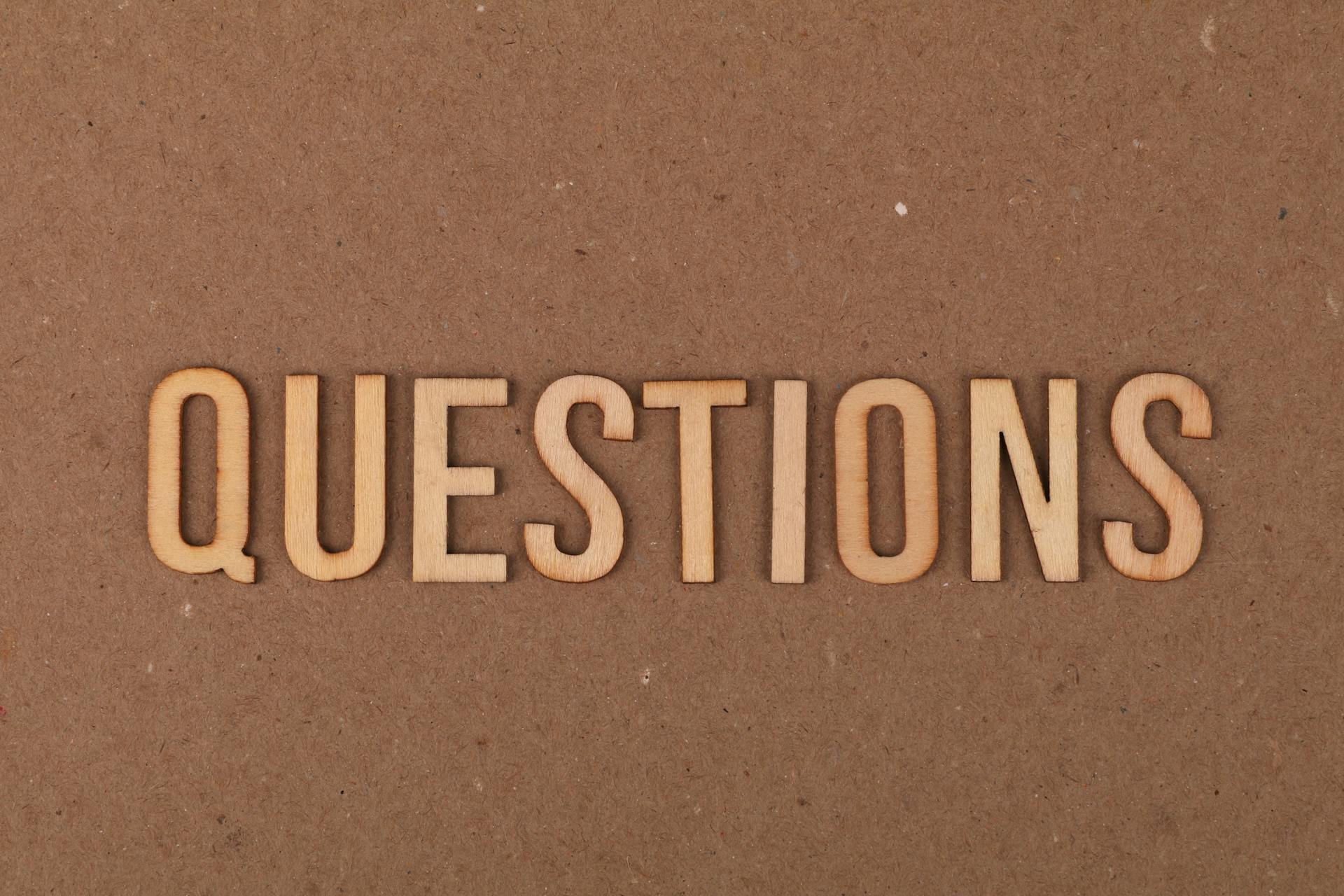
Are you familiar with wh questions? These are called open questions that start with the letters "wh" and are commonly used in English to ask about people, places, ideas, and more. If you want to learn how to form wh questions, this ultimate guide is for you.
Wh questions are essential in English communication as they allow us to gather information from others. For example, when we are meeting someone new, we might ask "What's your name?" or "Where are you from?" Similarly, when we want our friends to answer a specific question, we can use wh questions to get the information we need. In this comprehensive guide, we will explore the 7 wh questions in English and provide examples of how they can be used in conversation.
How to Form WH Questions in English
Wh questions are a fundamental part of the English language. They help us get more information about a person, place, or thing. They start with a wh word like who, what, where, when, why and how. The first step in forming a wh question is selecting the appropriate wh word based on what kind of information you want to know.
Next, you need to add a helping verb or do-support before the subject of the sentence. Do-support lets check if we need to use an auxiliary verb such as "do", "does", or "did" to form the question. Finally, you put the subject after the do-support and follow it with the main verb and any other necessary words for completing your question. By following these simple steps you can easily form effective wh questions that will help you get more information from others.
1. Switch the Subject and the Verb
Question form switch is a linguistic term that refers to the process of switching the order of the subject and the verb in a sentence. This transformation is commonly used in English to form questions, also known as wh-questions, which begin with words like "what," "when," "where," "who," and "why."
As an English teacher, it's important to teach students how to correctly form wh-questions by using question form switch. By doing so, they can learn how to ask open-ended questions that require more than a yes or no answer. For example, instead of saying "He likes pizza," we can switch the subject and verb to form the question "What does he like?" The answer statement would then be "He likes pizza."
Correct English involves mastering various grammar rules, including question form switch for wh-questions. With practice and guidance from teachers, students can improve their communication skills and express themselves more clearly in everyday conversations. So let's continue exploring this topic further!
Changing word order when the Wh Question is not at the beginning of the sentence

When we ask a question that starts with a Wh word, such as "What", "Where", or "Who", we usually put that word at the beginning of our sentence. However, sometimes we want to ask a longer sentence with more information, and we might not start with our Wh question. In those cases, we need to change our word order to make sure our question makes sense.
For example, let's say we are playing a game where one person is hiding an object in a room and another person needs to find it by asking questions. Instead of starting with "Where is the object?", we could say something like "I'm looking for something that is round and can be used for cooking. Can you tell me where I might find it?" By providing more details before our Wh question, we make our sentence longer but still clear and easy to understand.
Remember that changing your word order doesn't have to be complicated! Just make sure that your Wh question comes right after the information you want to provide. Whether you're playing a game or having a conversation, this simple trick will help you communicate more effectively and get the answers you need faster. So next time you're unsure about how to structure your sentence, don't hesitate to experiment until you find what works best for you.
Teaching WH Questions Speech Therapy with Differentiated Version Included
WH questions are an essential part of speech therapy for students who struggle with language development. With visual support, students can understand and answer WH questions more easily. A real photo version helps students to make connections between the information presented and their own experiences.
In speech therapy, WH questions can be adapted to meet the needs of each student. Complex WH questions may require additional blank space for the student to draw or write their answers. When working with a group of students, differentiated instruction is key. Providing a variety of WH question prompts allows students to work at their own pace and level.
Speech therapy is a powerful tool for improving communication skills in children. By incorporating visual supports and differentiated instruction into lessons on WH questions, therapists can help their students succeed in answering these important language development prompts.
Learn Everything You Need to Know About Who Questions
Who questions are a type of question that asks for the identity of a person or group of people who perform a specific action. These types of questions usually start with the word "who" and are commonly used in everyday conversations, interviews, and surveys. For example, "Who takes care of sick animals?" The answer might be a veterinarian or an animal shelter worker.
Who questions can cover a wide range of topics and activities. They can ask about who teaches children, who brings food to the homeless, who saves people from danger, who takes care of sick people, who drinks formula for babies, who cooks food in restaurants, who protects people from bad guys, who takes dogs for walks, who paints pictures for fun, who grows food on farms and gardens.
Who questions can also be about professions or job titles such as dentists (who clean peoples' teeth), musicians (who play music), delivery drivers (who bring pizza to peoples' houses), drummers (who play drums in bands), plumbers (who fix broken pipes in homes), taxi drivers (who drive taxi cabs around town), and florists (who work at a flower shop). Asking "who" questions is an excellent way to learn more about the people around you and the world we live in.
Discover Effective Free WH Questions for Speech Therapy
Are you a speech therapist looking for free and effective WH questions to use in your practice? Look no further than our Speech Therapy Download! Our Wh Questions Freebie is the perfect addition to your speech therapy activities.
Get started today with this sneak peek of what's inside: our Wh Questions Speech Therapy Poster, showcasing real photos that are engaging and fun for all ages. It's the perfect tool to help your clients practice answering free wh questions, such as "Who?" "What?" "When?" "Where?" and "Why?"
At our Speech Therapy Download, we understand the importance of providing high-quality resources for speech therapists. That's why we've created this free wh questions speech therapy poster, packed with useful information that will benefit both you and your clients. So why wait? Start using this amazing tool in your next session today!
Frequently Asked Questions
What are the wh-question words?
The wh-question words are words that start with "wh" and are used to ask questions. Examples include who, what, when, where, why, and how. Understanding these words can help you form effective questions and gather information.
How many wh questions are there?
There are five Ws and one H in the commonly used wh questions: who, what, when, where, why, and how.
How many questions are in a speech therapy Card?
The number of questions in a speech therapy card varies depending on the specific card and its purpose. It can range from a few simple questions to more complex prompts designed to facilitate conversation and improve communication skills.
When should I start asking what questions for speech therapy?
It is best to start asking questions for speech therapy as soon as possible, especially if you notice any language delays or difficulties in your child. Early intervention can lead to better outcomes and improved communication skills.
What is a free wh question card?
A free wh question card is a tool used to help individuals practice asking questions using the words who, what, where, when, why, and how. It can be a useful aid for those learning English as a second language or for people with communication difficulties.
Featured Images: pexels.com


